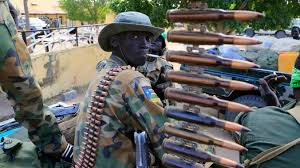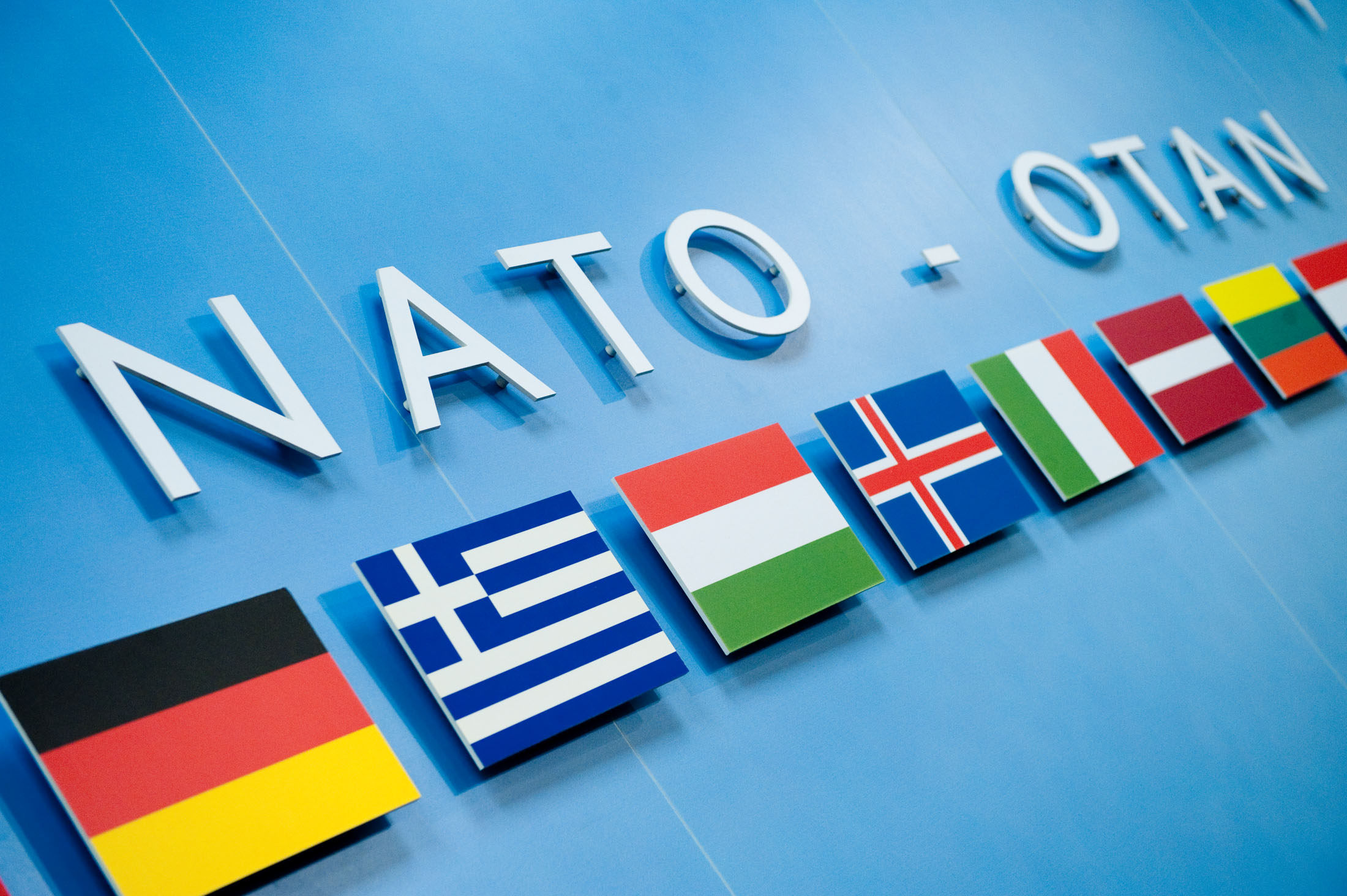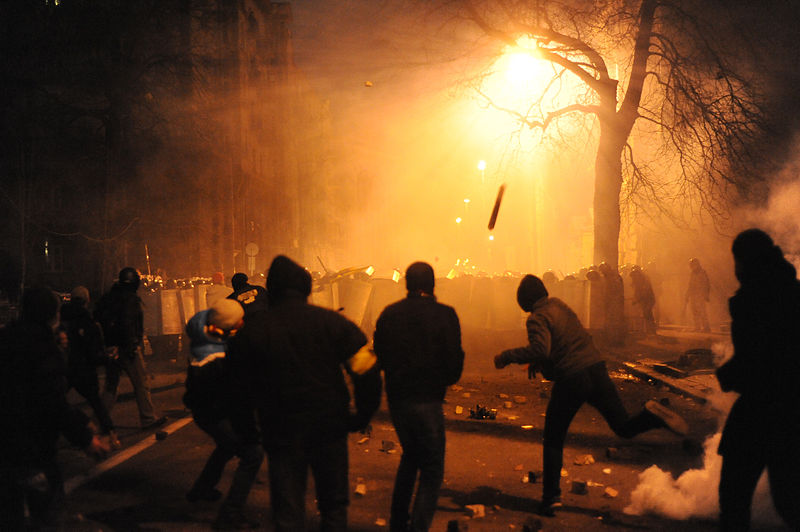In July 2011 the world witnessed the birth of a new nation, South Sudan, with great hopes that this development would help the region heal after decades of bitter civil war. However, less than three years later, violence is threatening to tear apart the world’s newest independent country.
The fledgling nation is teetering on edge of collapse under the pressures of an ongoing political standoff and violence which seems to be escalating rapidly into a full scale civil war. While many did not anticipate the situation would deteriorate so suddenly or severely, by no means was conflict unforeseeable. The seeds of unrest were planted in the nation from the time of its inception with the failure to address underlying issues and build the conditions for sustainable peace. South Sudan was founded on an uneasy power-sharing agreement between long-time political rivals President Salva Kiir and Vice-President Riek Machar. The current conflict is simply the reemergence of old grievances stemming from a lack of genuine reconciliation between divided ethnic factions and the absence of political structures to resolve conflict.

What began as a political struggle within the ruling Sudan People’s Liberation Movement (SPLM), has developed into a full scale ethnic conflict. Political tensions came to a boiling point in July when President Kiir, a member of South Sudan’s largest ethnic group, the Dinkas, sacked Vice-President Machar, who hails from the country’s second largest ethnic group, the Nuer, along with his entire cabinet. In December, the political crisis took on an ethnic character after President Kiir accused Machar of engineering a coup attempt. Since that time violence has spread rapidly across the country where there have been reports of ethnic cleansing in targeted door to door killings.
President Kiir seems to have a distinct advantage with control of South Sudan’s conventional forces, support of the international community and backing by regional powers including Ugandan President Museveni and Sudanese President Bashir. Even with external support, however, it will be difficult for President Kiir to obtain an outright military victory as both sides have “clear command and control, both administering territory and with political leadership.” While President Kiir’s forces still control most of the country’s seven states, Mr. Machar’s troops have seized control of parts of South Sudan including key oil producing regions.
Prospects for peace were dashed when President Kiir ruled out the possibility of a power-sharing agreement with Mr. Machar, which many believed was the best opportunity to reach an agreement. Similarly, Machar has insisted that the President Kiir must give up his power.
As violence continues, the humanitarian situation within South Sudan deteriorates with ongoing reports of executions, torture, sexual violence and ethnic targeted killings against civilian and surrendered soldiers. Thousands have been killed since fighting erupted a month ago, with the International Crisis Group reporting fatalities approaching 10,000, including at least three UN peacekeepers.

UN reports suggest that after a month of fighting nearly half a million people have been forced to leave their homes due to violence. Approximately 80,000 people have sought shelter in five UN bases which are over-crowded and under-resourced particularly after the UN relocated all non-critical staff in mid-December.
Secretary General, Ban Ki-moon has condemned the violence in South Sudan and called for 5,000 more troops in addition to the 7,500 previously deployed. Without a ceasefire agreement however, troops are unlikely to make a significant impact as they remain severely outnumbered and out-gunned. Despite its efforts, the UN has been heavily criticized for its failure to anticipate the crisis and act accordingly to avoid its escalation.
The priority at this time is to contain the conflict. Western powers and East African states, particularly Uganda, Ethiopia and Kenya, have been striving to mediate the conflict with little success. The ceasefire agreement brokered on December 31st in Ethiopia has yet to be given a start date. Even in the event that the ceasefire agreement is implemented, resolving political fracture and ethnic divides may prove difficult.
It remains clear that this conflict will not be resolved on the battlefield. The best hope for South Sudan is an inclusive dialogue which allows political differences to be addressed institutionally without the threat of violence as a form of negotiation. Considering the deep-seated distrust that exists between the parties involved, confidence building measures will be necessary and sustainable peace will depend on the development of conflict resolution mechanisms that allow grievances to be addressed through political channels rather than by individual strong-men commanding armies.
Although, the situation on the ground gives little reason for optimism, both leaders claim they are willing to negotiate to end the crisis and say peace is still possible. One can only hope that President Kiir and Mr. Machar are able to put their political differences aside and come to the negotiating table in the best interest of the country and its people to salvage the new nation they both spent decades fighting for.




